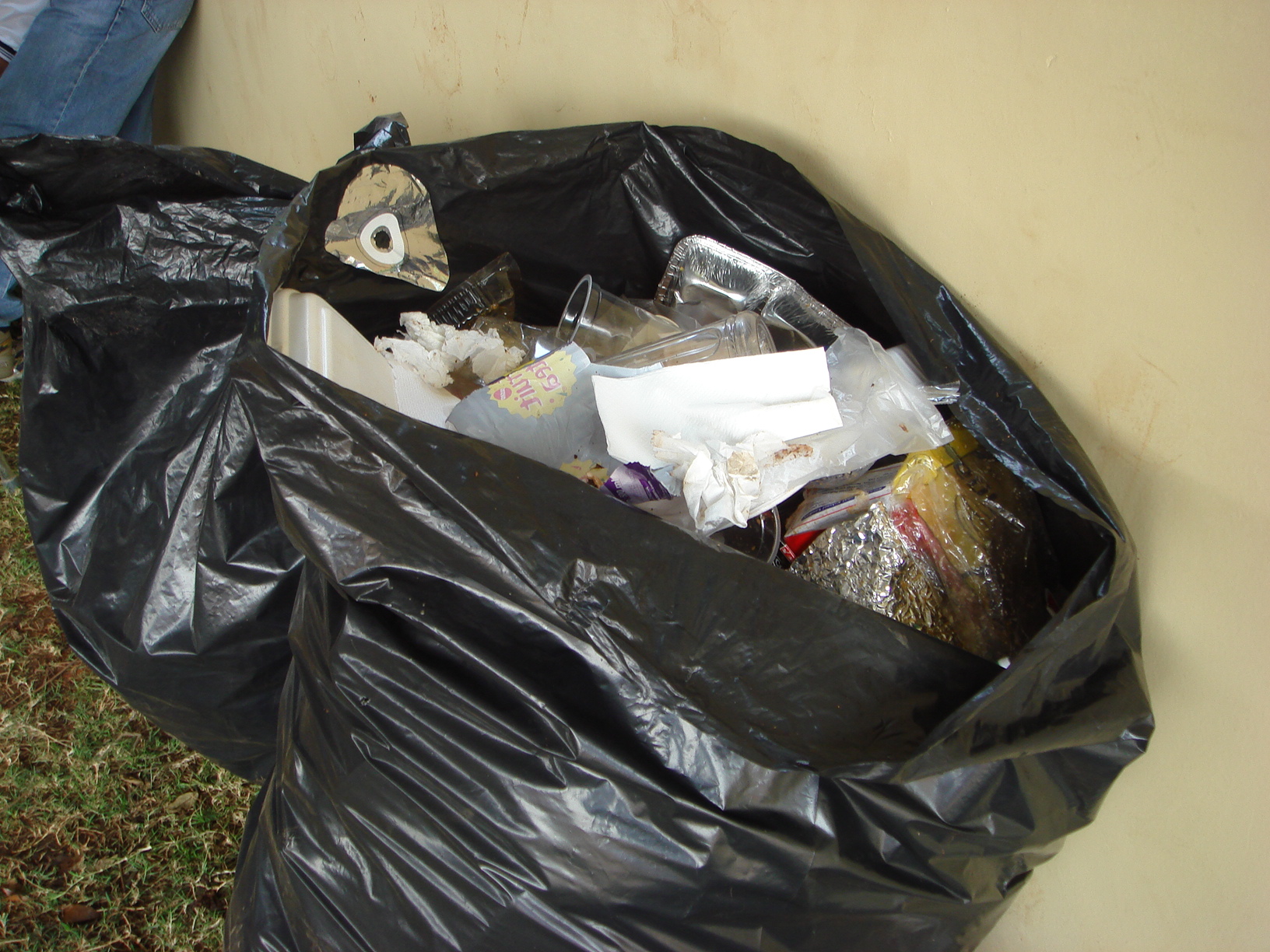Scientists may have come up with a solution to the problem of how to tackle waste plastic pollution. They've borrowed from biology and then tweaked the recipe slightly to come up with a class of plastics that completely break down in the environment in a matter of weeks.
 Cornell University's Emmauel Gianellis and his team used a natural polymer called poly 3-hydroxybutyrate (PHB), which is made by some microbes to store energy, in effect as the bacterial equivalent of body fat. But whilst PHB is degradable and biocompatible, its other chemical and mechanical properties are less ideal.
Cornell University's Emmauel Gianellis and his team used a natural polymer called poly 3-hydroxybutyrate (PHB), which is made by some microbes to store energy, in effect as the bacterial equivalent of body fat. But whilst PHB is degradable and biocompatible, its other chemical and mechanical properties are less ideal.
Now the Cornell team have found that by adding some silica (clay) nanoparticles they can significantly improve the degradability, barrier and chemical properties of the material, including making it tolerate higher temperatures, which makes it suitable for a larger range of potential applications.
The new composite behaved as a clear plastic polymer but broke down almost completely in compost, at room temperatute, within 7 weeks. And what makes it very attractive as a material is that it showed almost no degradation for the first 4 weeks, before then breaking down very rapidly. The team think that the more rapid breakdown is due to the spaces between the particles being more vulnerable to chemical attack and then consumption by microbes.









Comments
Add a comment